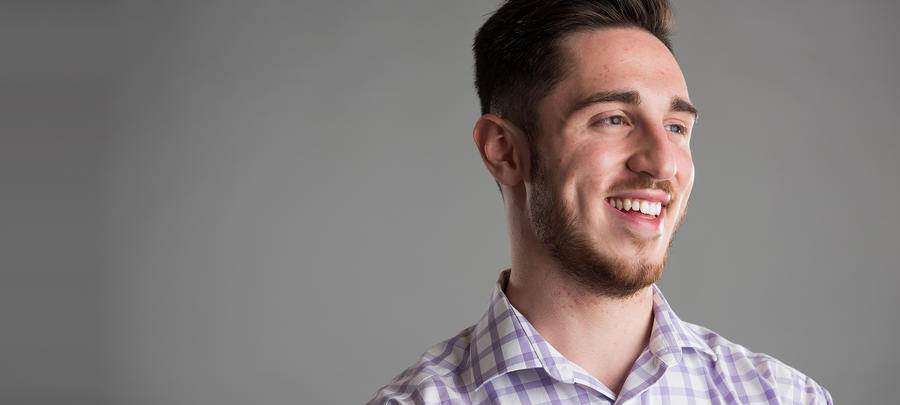All BSHS students have the unique opportunity to personalize their education with a Capstone experience.
A Capstone is a combined set of learning experiences focused on an individualized theme that aligns with each student’s personal and professional goals.
Capstones must include a minimum of 6 upper-division academic credits and typically are completed in the student’s final year in the BSHS program. The capstone for each student must be approved by UMR faculty and is overseen by a UMR faculty adviser. The number of credits each student registers for depends on their Capstone plan.
All students write and submit a Capstone proposal at least one semester prior to the semester in which their Capstone activities begin. Most students write their Capstone proposals during the spring semester of their junior year through enrollment in CLI 3712: Capstone Proposal Writing. Students enroll in CLI 4713: Capstone Reflections in their final semester.
Capstones are designed based on unique personal and professional goals. Components may include, but are not limited to:
- Upper-division U of M coursework in relevant disciplines, including completion of minors
- Upper-division coursework or other appropriate experiences during study abroad or national student exchange experiences
- Internship experiences working in a health science-related field
- On-campus research with a UMR faculty member, or off-campus research with a partner organization
- Accelerated program coursework (in collaboration with the Mayo Clinic School of Health Sciences or other campuses)
- Community-based research, service or work experience
